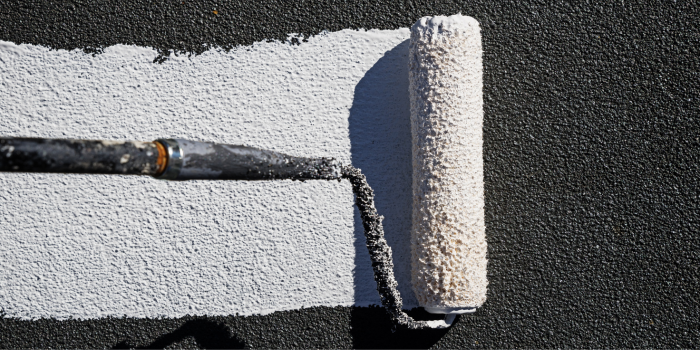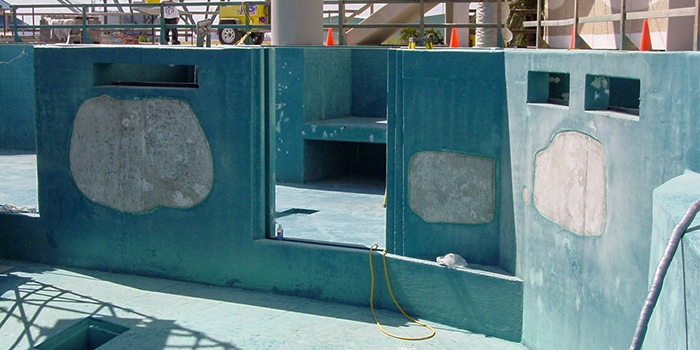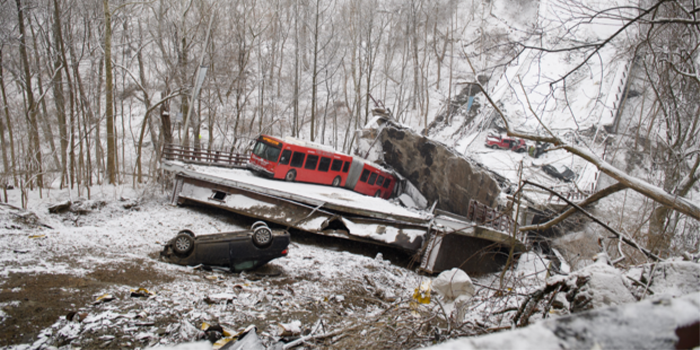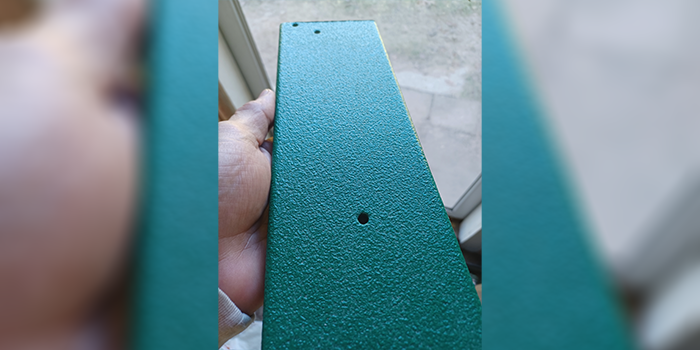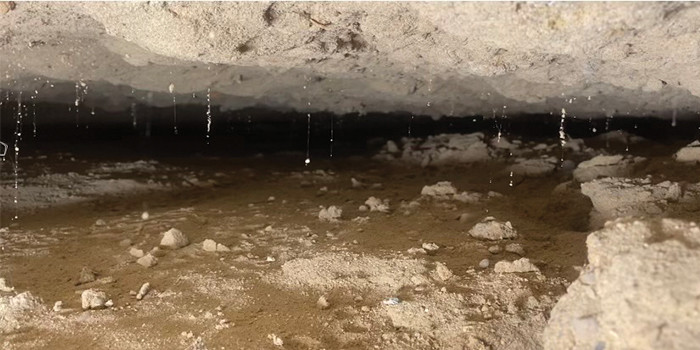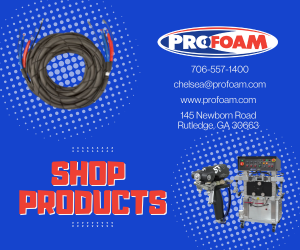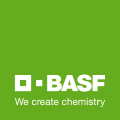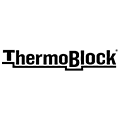The Rolls-Royce of Grants
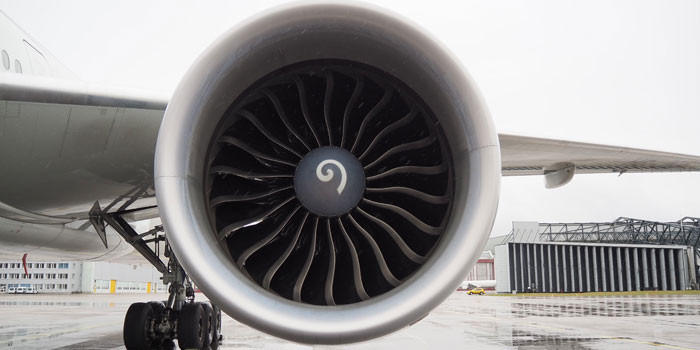

SPRAY FOAM MAGAZINE – Show Issue 2021 – In the world of academia, and during these turbulent times, for a professor to be awarded a substantial grant is comparable to that of winning the lottery. That’s exactly what happened for one professor at the Rolls-Royce University Technology Center on Advanced Material Systems at the University of Virginia.
The Advanced Research Projects Agency-Energy (ARPA-E) awarded an impressive $600,000 grant to Professor Elizabeth J. Opila, and according to the university the materials science and engineering professor and technology center director’s goal is to expand the turbine engine materials’ temperature tolerance by 200 degrees Celsius.
Composed of two separate phases, the first phase of the program involves project teams determining proof of concept of their alloy compositions, coatings and manufacturing processes through modeling and laboratory scale tensile coupon testing of basic properties. In phase two, permitted project teams will investigate selected alloy compositions and coatings to evaluate a comprehensive suite of physical, chemical and mechanical properties as well as produce generic small-scale turbine blades to demonstrate manufacturability.
The phase-one award enters as part of the Advanced Research Projects Agency’s ULTIMATE program— which stands for ultrahigh temperature impervious materials advancing turbine efficiency. The program focuses on gas turbine applications in the power generation and aviation industries for the development of ultrahigh temperature materials for gas turbines.
According to ARPA-E, the development of new ultrahigh temperature materials with companionable coatings and manufacturing technologies, could potentially increase gas turbine efficiency up to 7%, reducing the amount of wasted energy and carbon emissions. To effectively develop these ultrahigh temperature materials for gas turbines, use ARPA-E has awarded funds to teams working on four equally dependent research thrusts: alloy development; coatings for the alloys; systems engineering; and test and evaluation of the whole system.
In her research, Opila, alongside her research group, will be focusing on coatings research pushed to advance a coating that will enable a niobium alloy to perform at 1,800 C. Niobium is a high-strength material known to withstand extreme temperatures.
“This is an audacious goal for the materials science and engineering community,” Opila said. “In the turbine engine industry, a ten-degree improvement is cause for celebration.”
The research team is composed of individuals from the University of Virginia, Virginia Tech and the Commonwealth Center for Advanced Manufacturing. They plan to combine Opila’s expertise in cutting-edge ceramics, alloys and coatings with UVA Engineering’s research strength in materials processing, microstructure, and mechanical property relationships.
By the end of the research, Opila and her team of researchers hope to develop what they are calling, the HERO coating. The newly developed coating will ideally protect the alloy from oxidation by incorporating high-entropy rare-earth oxides. The oxides exhibit two characteristics that are key to meeting the ARPA-E challenge: keeping oxygen out and limiting the buildup of stress within a coating during use because their thermal expansion matches the underlying alloy. The substrate and coating either expand and contract, heat up and cool off, in the same direction and at the same rate.
“ARPA-E has given us an opportunity to do good science and also really good engineering, to solve real-world problems by improving turbine efficiency,” Opila said.
Disqus website name not provided.




